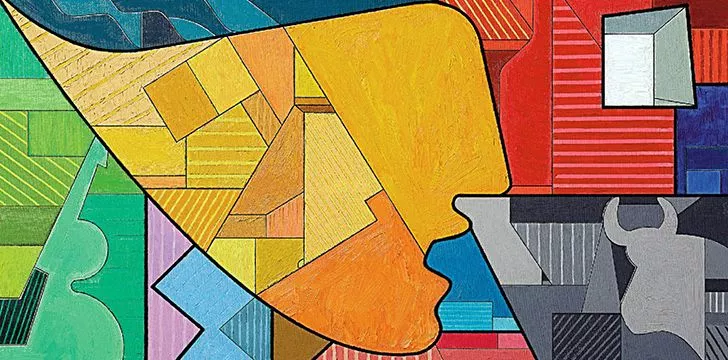In the latest high profile case involving alleged fair use of Pablo Picasso’s work in a book on the subject, The United States Court of Appeals for the Ninth Circuit reversed a 2019 federal district court’s ruling deeming French court’s judgment in that matter was unenforceable under U.S. law. The case is notable for the very different conclusions two U.S. courts—the United States District Court for the Northern District of California and Ninth Circuit Court of Appeals—reached regarding the copyright fair use defense, and it exemplifies the often-complex task of evaluating each of the fair use factors.
According to the Court of Appeals’ decision in De Fontbrune v. Wofsy, the defendants published a series of books in 1991 about the works of Pablo Picasso. The defendants’ books featured a number of plaintiffs’ copyrighted photographs that plaintiffs had previously published in a book that catalogued the complete works of Picasso. The parties commenced a protracted and complex legal battle in France that resulted in a decision from a French court that held the defendants liable for copyright infringement. The French court ultimately awarded the plaintiffs damages of €2 million.
While an appeal of the case was pending in French courts, the plaintiffs brought suit in the United States seeking assistance from U.S. courts to recover the €2 million award from the defendants who were residing in California.
The district court agreed with the defendants and held that the defendants’ use of the plaintiffs’ photographs qualified as fair use under copyright law. As such, the district court declined to recognize and enforce the French court’s judgment. The Ninth Circuit, however, reversed, concluding that the defendants’ use of the photographs did not qualify for fair use and remanded the case to the district court to resolve factual disputes concerning the defendants’ other defenses.
